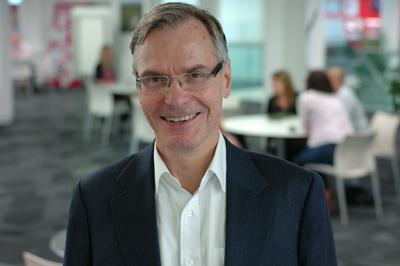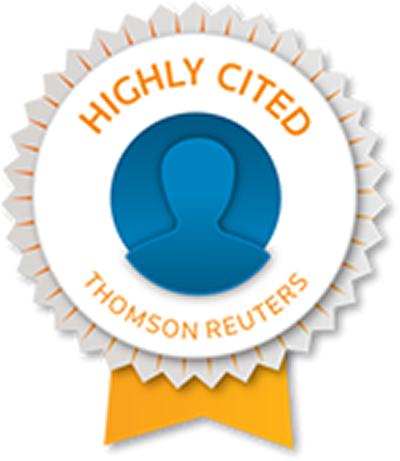Professor Mark Hanson MA, DPhil, PGCE, FRCOG (a.e.), FRCPCH (Hon)
British Heart Foundation Professor of Cardiovascular Science

Professor Mark Hanson is British Heart Foundation Professor of Cardiovascular Science within the Faculty of Medicine at the University of Southampton.
Professor Mark Hanson is one of the UK’s leading researchers on developmental pathways to disease. He is ex-President of the International Society for the Developmental Origins of Health and Disease and was a founder member and former secretary of the Society. He has served on a range of committees in government, charitable and NGOs focusing on the importance of adopting a life-course perspective to new ways of reducing the burden of non-communicable disease globally. In the University of Southampton and University Hospital Southampton he leads the early life nutrition theme of the NIHR Southampton Biomedical Research Centre. He was awarded the Paul Harris Medal by the Rotary Foundation in October 2008. Overseas he holds visiting appointments in Auckland, Singapore, and Jamaica. He was awarded the Rector’s Medal, University of Chile, Santiago and the title of Illustrious Professor at the Catholic University of Chile in July 2016.
Mark has published more than 500 original papers, reviews and book chapters, and 15 books. His research concerns several aspects of development and health, ranging from how the environment before and after birth affects the risk of chronic disease – such as cardiovascular and chronic lung disease, diabetes and obesity – to population studies aimed at the early identification of risk, so that timely preventative interventions can be made. The group are exploring the epigenetic processes which relate to such risks, and which may serve as valuable early life biomarkers. His Institute works on these problems in both developed and developing countries in many parts of the world. Mark is particularly interested in the links between medical science and society and was a founder member of the Wellcome Trust’s Sci-Art panel. He is much involved in educational projects to promote health literacy in school students and was a one of the founders of LifeLab – a purpose built classroom and laboratory in the hospital which has now engaged more than 11,000 adolescents from the Wessex region in the science behind health messages. He is very active in the public understanding of science and in explaining how evolutionary thinking applies to human biology and medicine. His recent popular science books include Mismatch – the lifestyle diseases timebomb (2006) which is translated into Mandarin, Portuguese and German, Principles of Evolutionary Medicine 2nd Edn 2015 and Fat, Fate & Disease (2012), all published by OUP and Ingenious: the unintended consequences of human innovation (2019, Harvard University Press).
See profile in Lancet Diabetes and Endocrinology
Qualifications
- BA Hons Animal Physiology, St John's College, Oxford (1971)
- CertEd, University of Leeds (1974)
- DPhil in Physiology, St John’s College, Oxford (1979)
Appointments held
- Sept 1974 - July 1976 - Lecturer in Biological Sciences, Waverley College of Further Education, Nottingham
- Oct 1976 - Sept 1979 - Departmental Demonstrator and Research Assistant (MRC salaried) in University Laboratory of Physiology, Oxford
- Oct 1979 -Sept 1989 - Lecturer in Biochemistry and Physiology, University of Reading
- Oct 1986 -Sept 1990 - Wellcome Trust Senior Lecturer, University of Reading
- Oct 1989 -Sept 1990 - Reader, University of Reading
- Oct 1990 - Sept 1993 - Reader in Fetal and Neonatal Physiology and Wellcome Trust Senior Lecturer, University College London (the latter until 1997)
- Oct 1993 - Dec 1999 - Professor of Fetal and Neonatal Physiology, University College London
